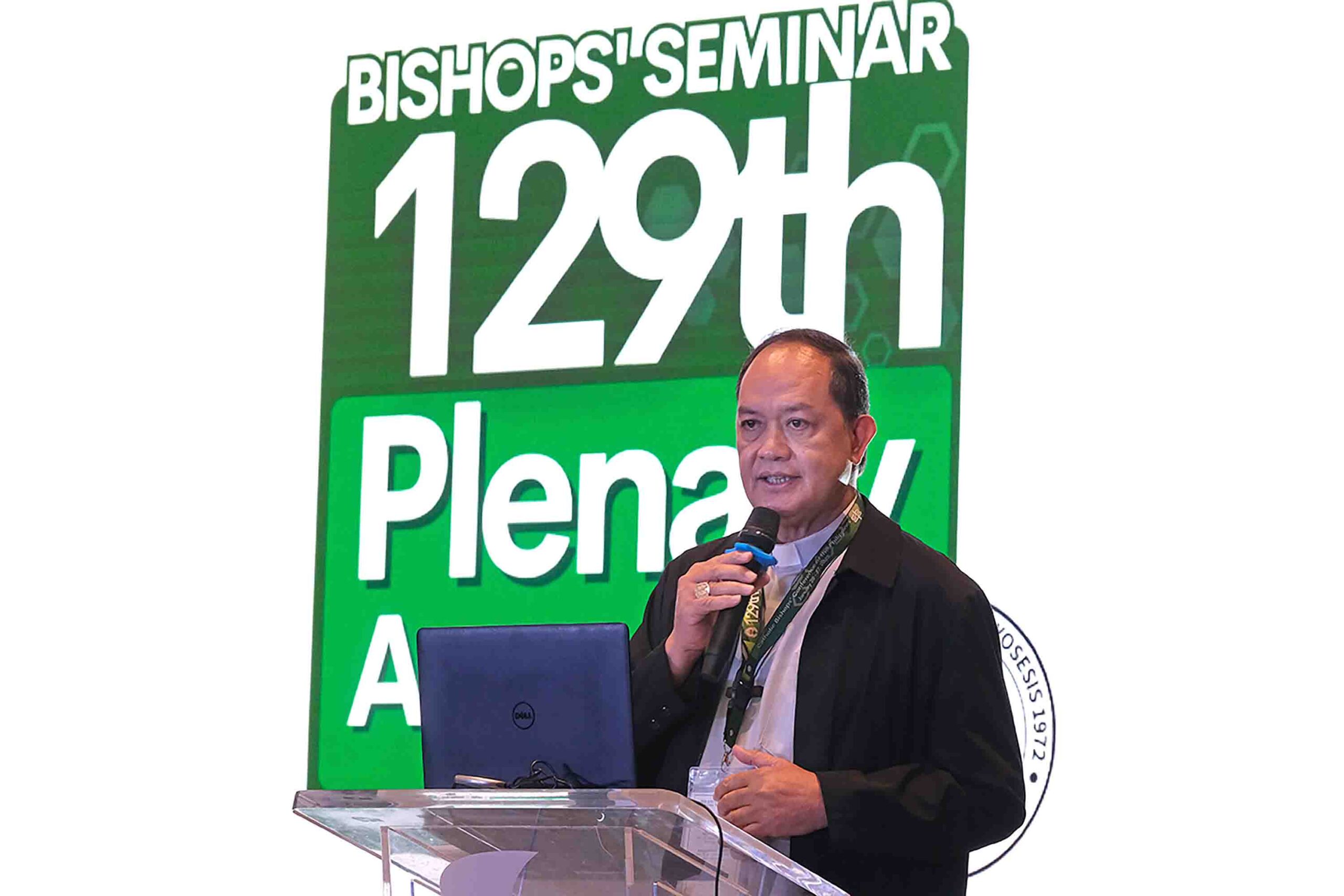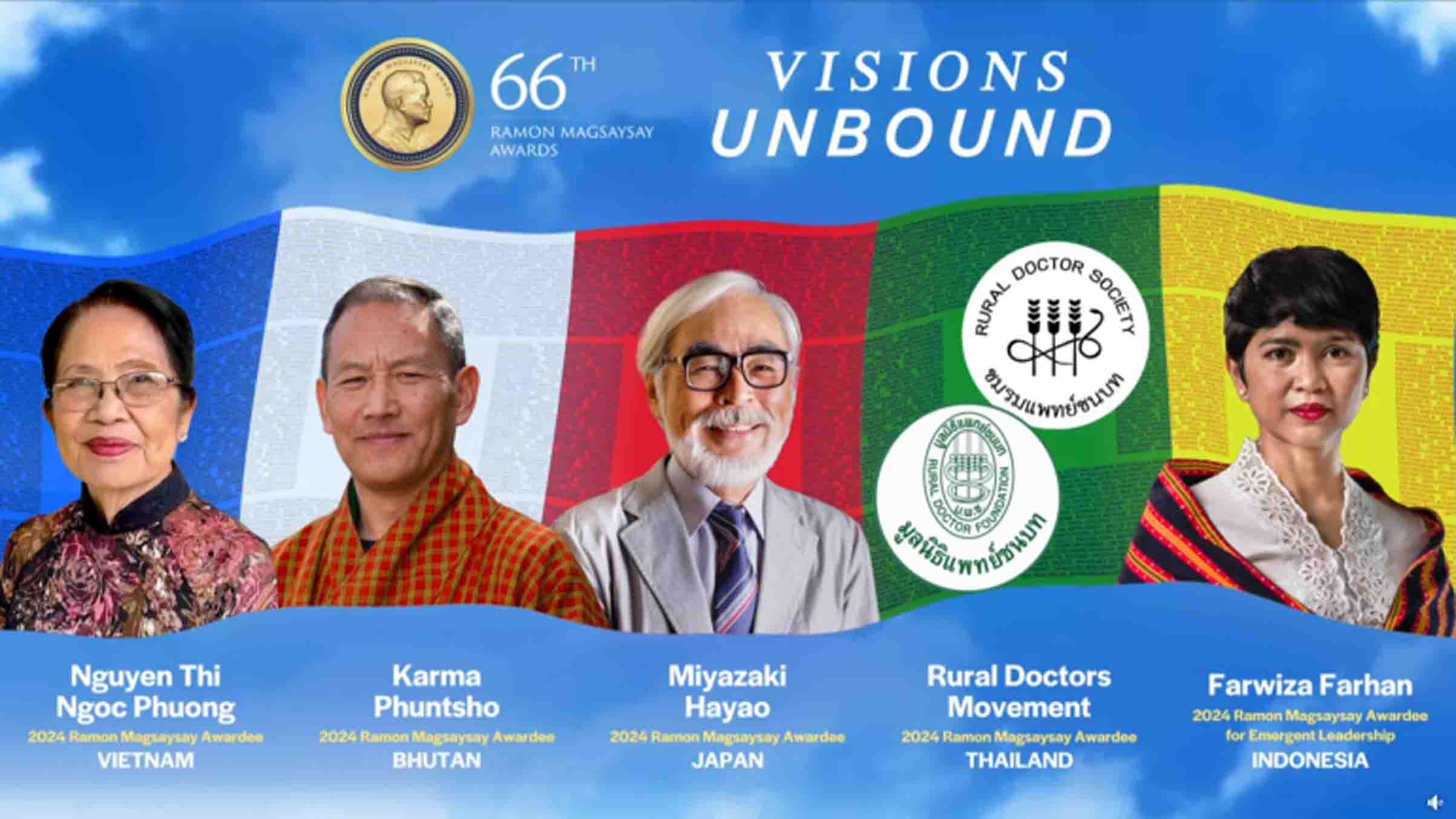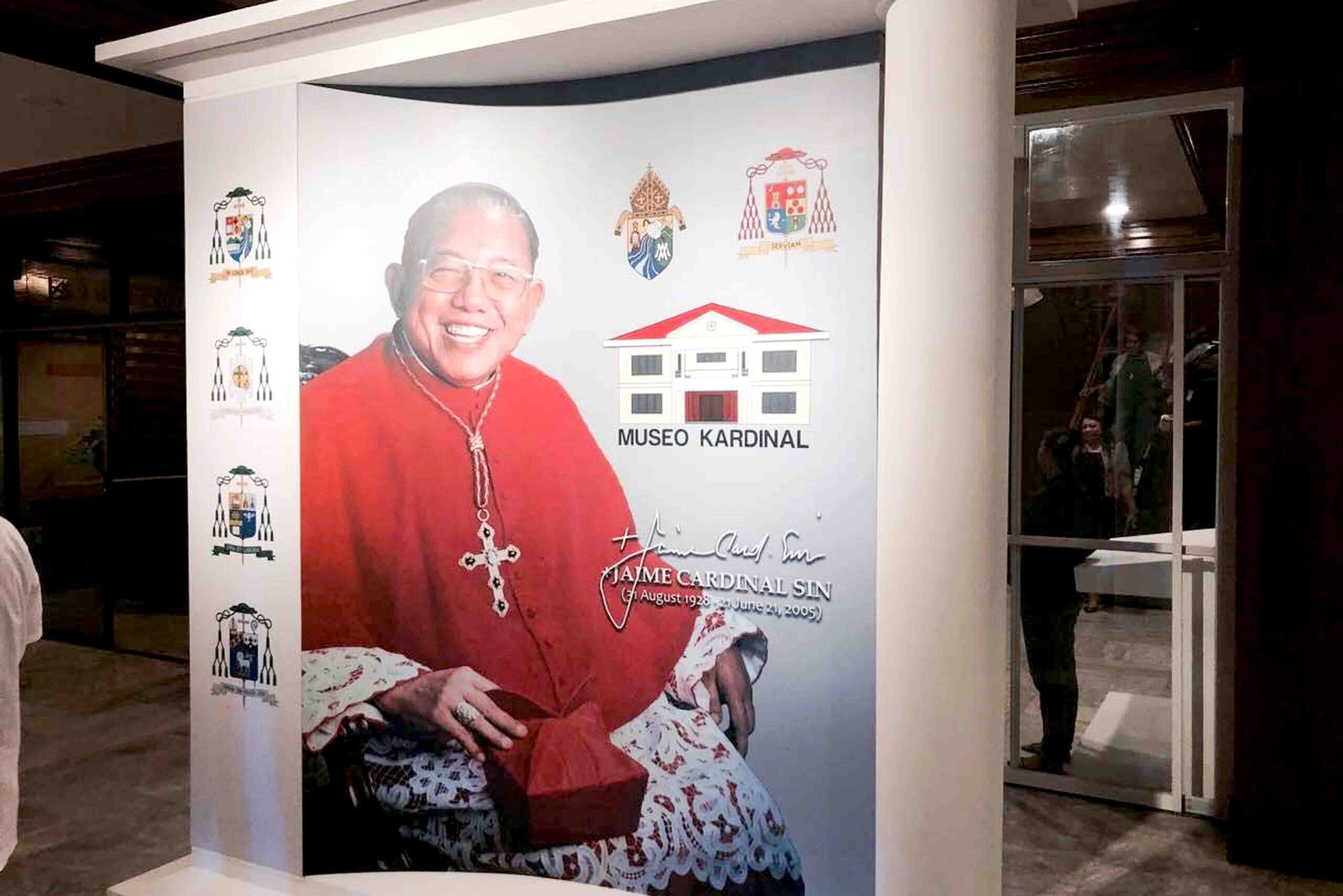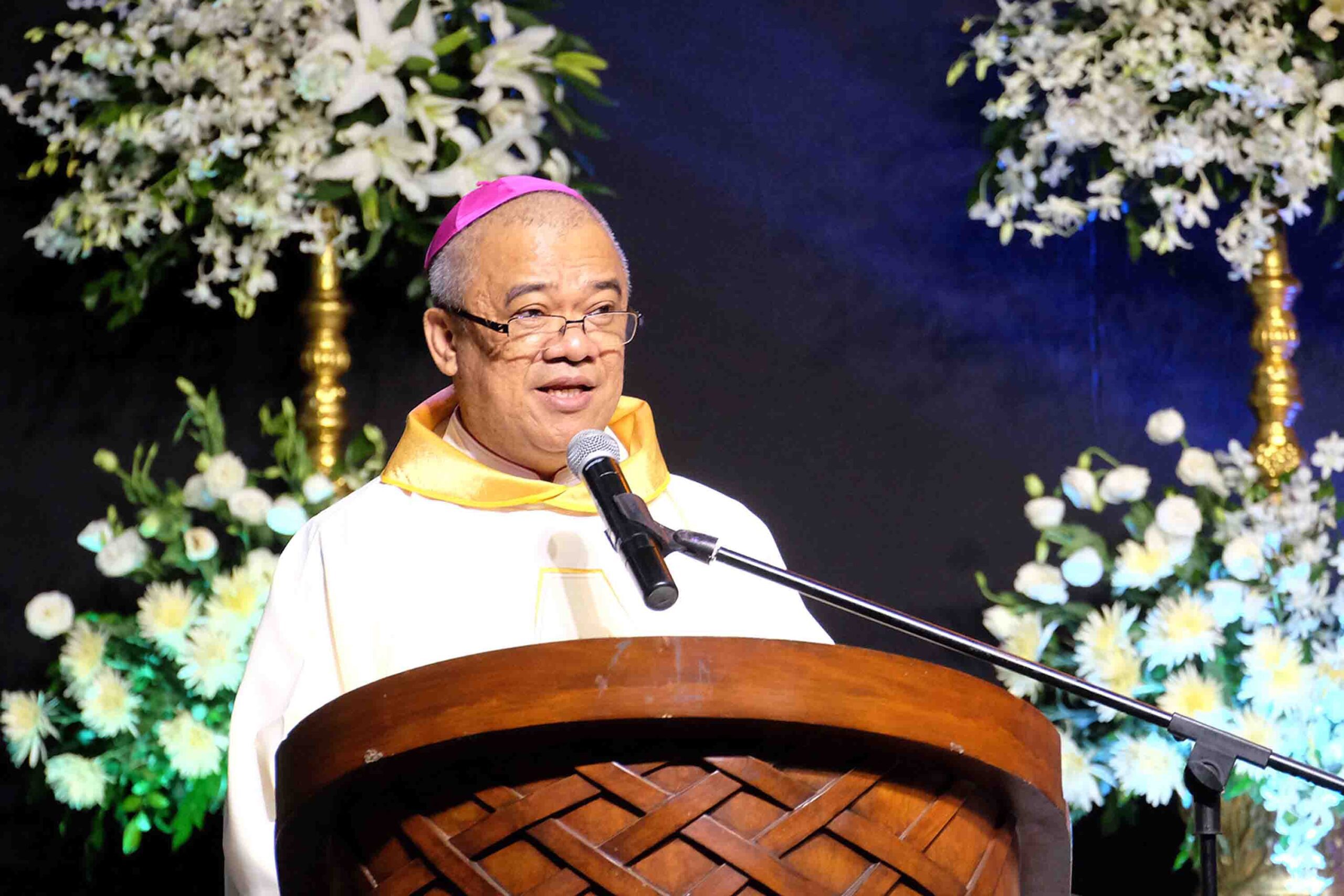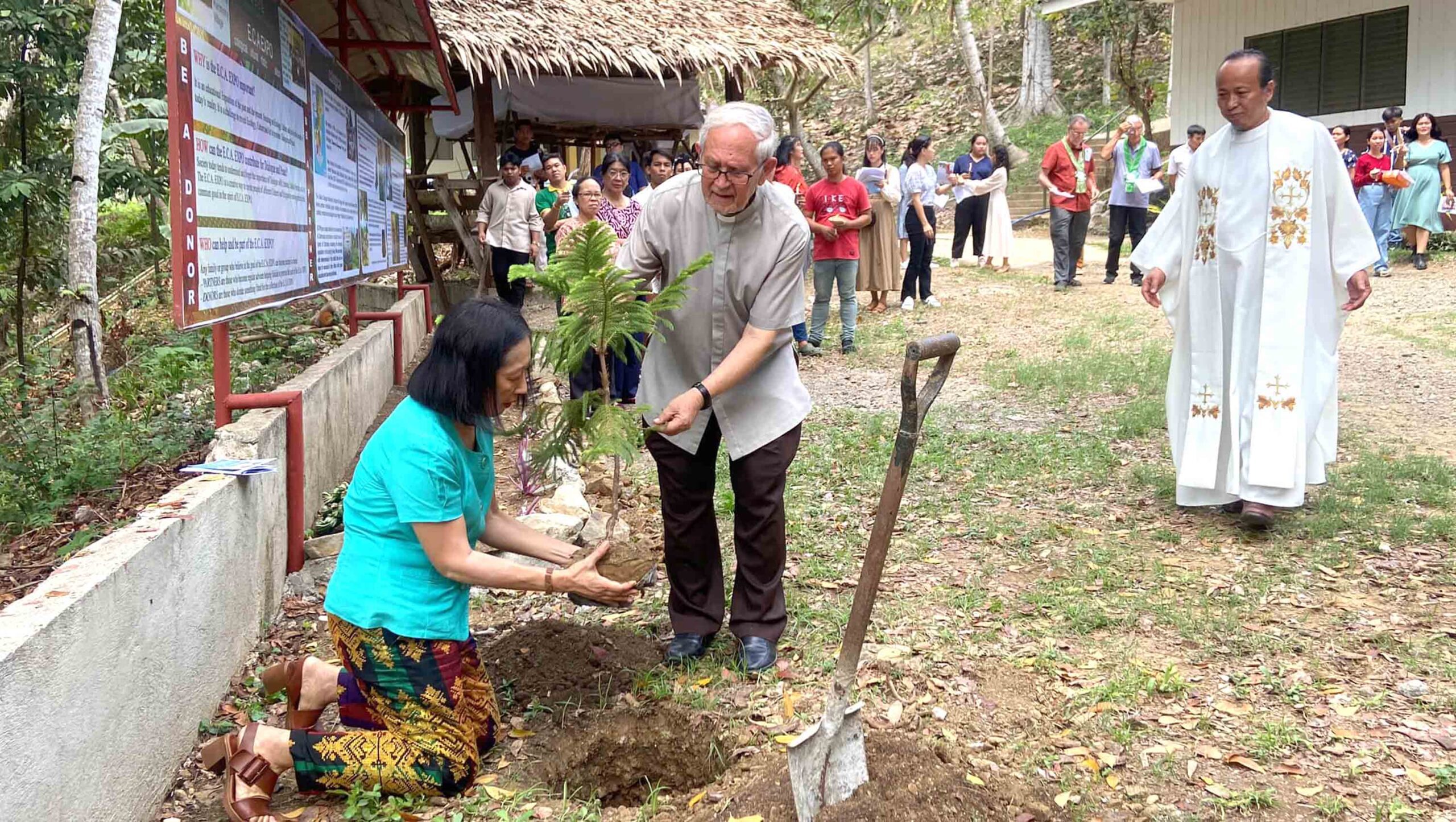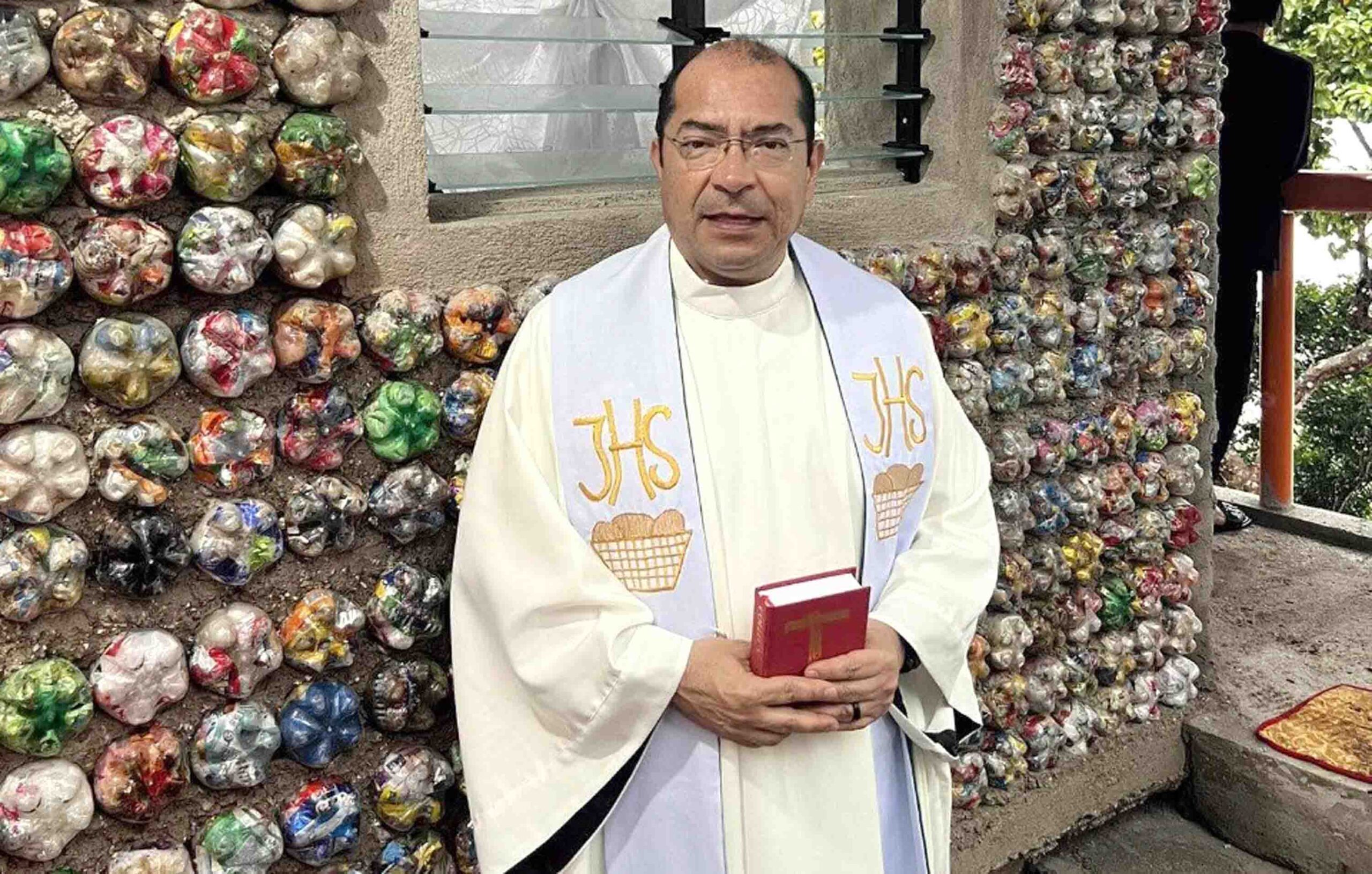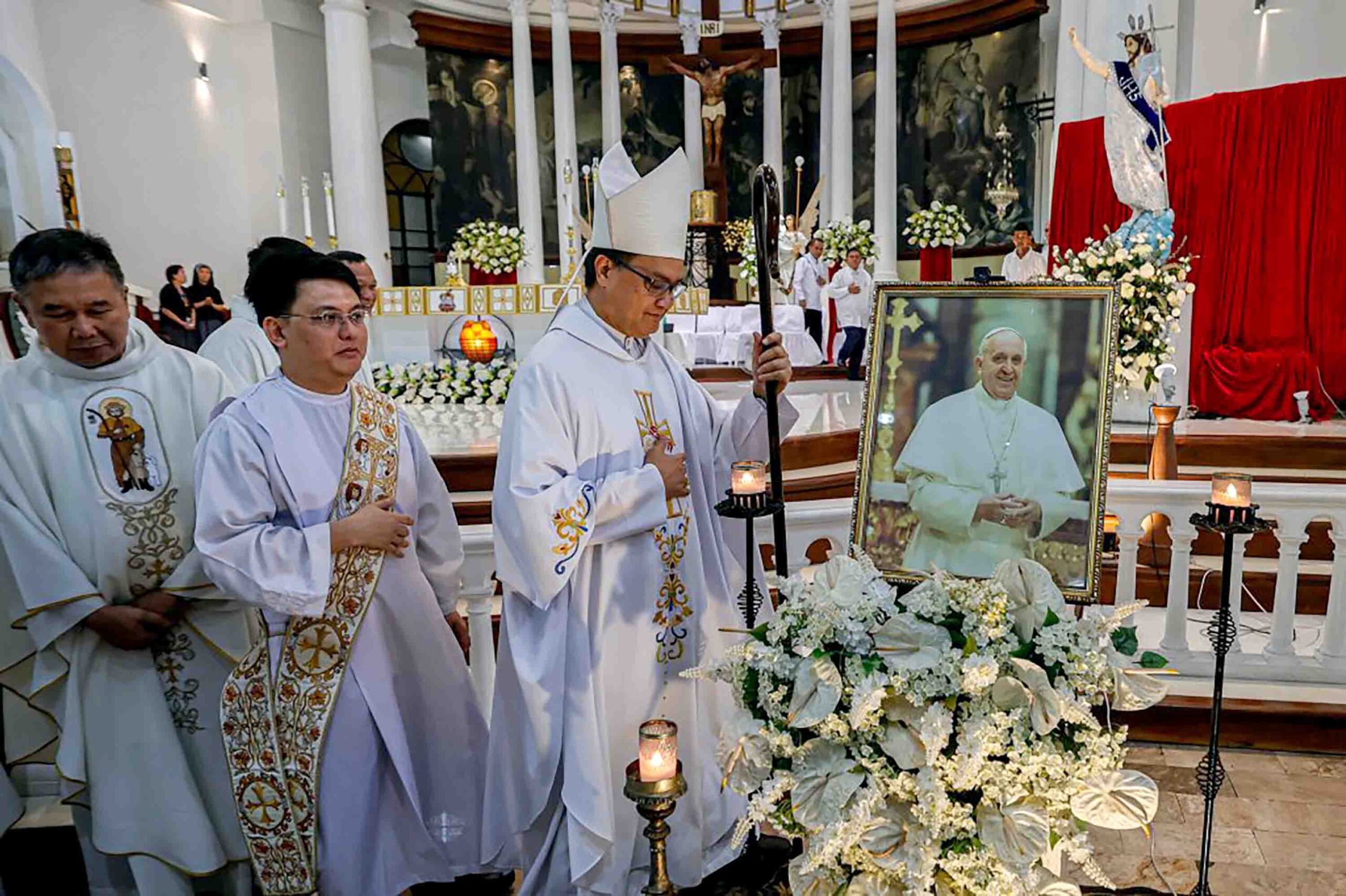

Pope Francis – ‘shepherd Of The Marginalized’
Described as a “shepherd who walked with his people,” the late pontiff was remembered in requiem Masses and public tributes across the country for his humility, advocacy for the poor, and enduring impact on Filipino faith communities.


